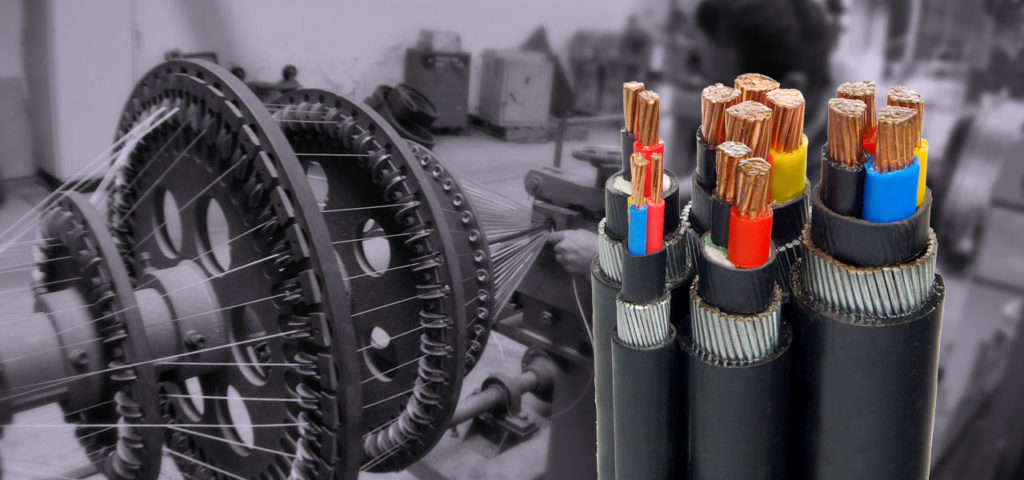- MAN to Present Made-in-Nigeria Product List to FG
The Manufacturers Association of Nigeria has compiled a list of all products manufactured locally and is set to present it to the Federal Government to serve as a guide for government’s procurement activities.
The President, MAN, Mr Ahmed Mansur, made this known during the 2018 Annual General Meeting of the association with the theme: ‘Mainstreaming Industrial Policies to Catalyse Industrial Renaissance’.
In addition to the list of the locally-manufactured goods, the Federal Government will also be given a compendium of all the manufacturers in the country, Mansur said.
“They have to know who and where to contact to get quality made-in-Nigeria goods; so, this is the first step we have carried out. Our interactions with the Bureau of Public Procurement are also steps in the right direction so that we understand the requirements and their expectations,” he said.
Mansur, who is also an Executive Director of Dangote Industries Limited, applauded the Executive Order 003, which aims to increase the level of patronage of made-in-Nigeria goods by public procurement agencies, saying that the policy showed that the present administration was serious in building local productive capacity.
“We will work with the Federal Government to ensure that the Nigerian manufacturing sector is competitive,” he said.
The MAN president reiterated his commitment to strengthening the association’s level of collaboration and interaction with the Federal Government to ensure full implementation of the policy and to boost local patronage of made-in-Nigeria products.
He said MAN would continue to engage all the Ministries, Departments and Agencies to showcase made-in-Nigeria goods.
“When this contact is made, it will encourage members to compete both in terms of price and quality. I believe if we continue to work with the government in this manner, we will bridge the gap between us and the public sector requirements,” he stated.
In his speech, the guest speaker and Ghanaian President, Nana Akufo-Addo, who was represented by a senior minister, Yaw Osafo-Maafo, said the meeting had re-echoed the need for African leaders to fast-track the creation of conducive environment for success of industries and for creation of African millionaires and billionaires.
“I strongly believe that the theme of the AGM will lead us to take stock of the prevailing frameworks and measure them against the current industrialisation results in order to determine if there is the need to deepen the policy initiation, development and implementation to spur economic growth through enhanced industrial activities in Nigeria, in particular, and the continent as a whole,” he stated.
The immediate past President of MAN, Dr Frank Jacobs, thanked the Federal Government for its credible policies and regular interaction with the private sector, which had resulted in the Executive Order 003, adding that government policies accounted for the exit of the economy from recession in 2017 and the positive growth path the economy was moving towards at the moment.

 Naira4 weeks ago
Naira4 weeks ago


 Naira4 weeks ago
Naira4 weeks ago


 Naira3 weeks ago
Naira3 weeks ago


 News4 weeks ago
News4 weeks ago
 Travel4 weeks ago
Travel4 weeks ago




 Naira4 weeks ago
Naira4 weeks ago


 Jobs3 weeks ago
Jobs3 weeks ago
 Naira3 weeks ago
Naira3 weeks ago






















